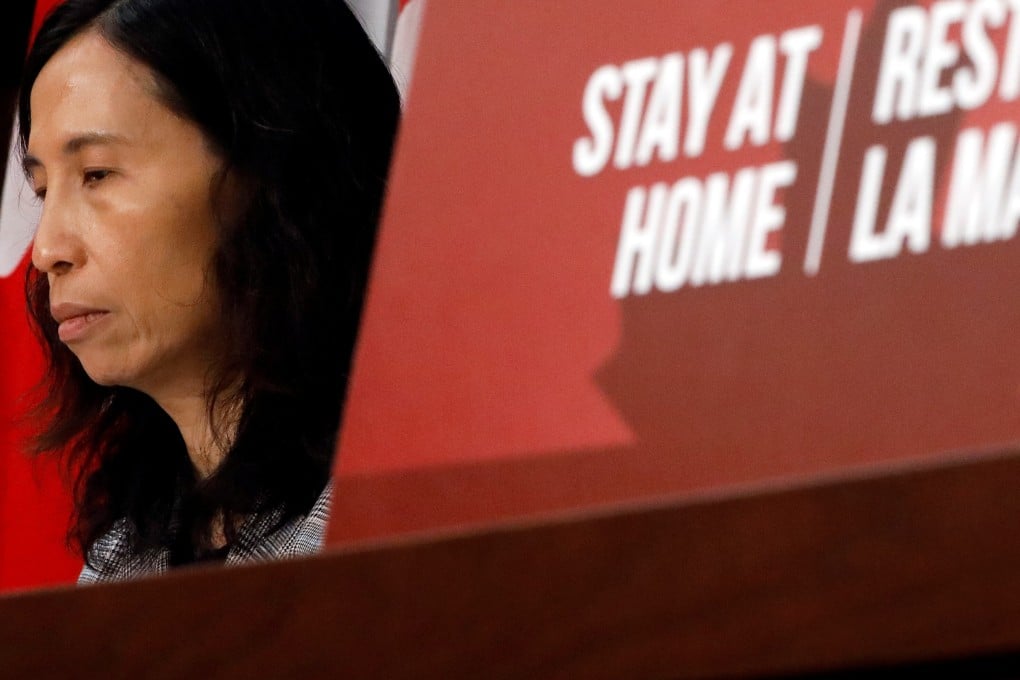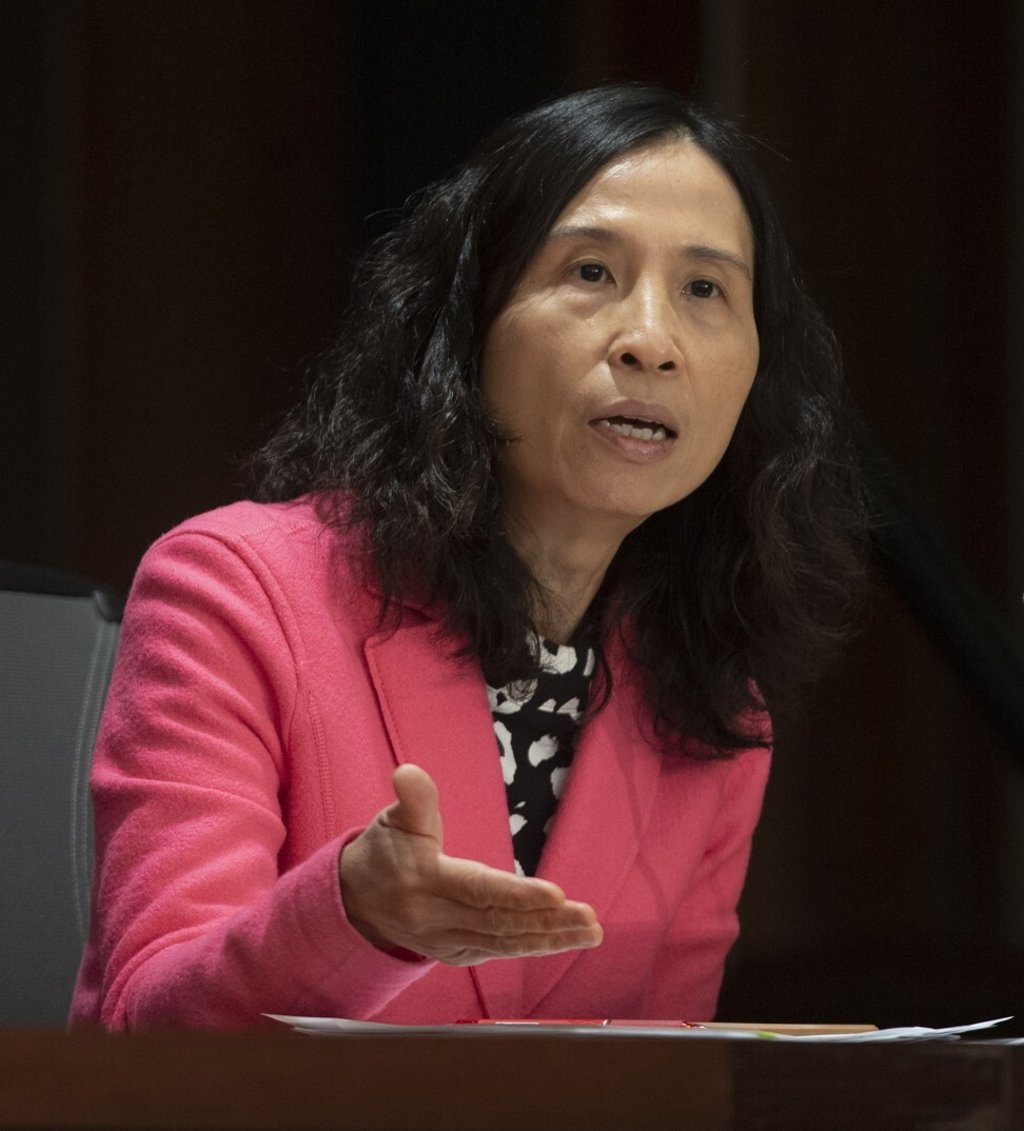Coronavirus: Canada’s top doctor is a Hong Kong-born success story. What do some Chinese Canadians have against Theresa Tam?
- Policy doubts, links to the WHO and a racialised discourse have made Chief Public Health Officer Tam a lightning rod for critics of Canada’s Covid-19 tactics
- Clashes between her advice and Chinese-language information out of Hong Kong, Taiwan and the mainland may also have fuelled criticism among Chinese Canadians

Once a little-known official, Canada’s Hong Kong-born Chief Public Health Officer Dr Theresa Tam has been transformed by the Covid-19 pandemic into the nation’s most prominent ethnic Chinese person.
Educated in Britain and Canada, with dozens of research articles to her name, Tam is a specialist in immunisation and infectious disease control, a veteran of Canada’s 2003 battle against Sars and the first woman to head the nation’s Public Health Agency.
So why do many in Canada’s Chinese communities scorn Tam or her Covid-19 strategies?
A complicated mix of policy and politics, tinged with a racialised discourse, have turned Tam into a lightning rod for discontent with her and Canada’s approach to the pandemic.

She is criticised by some for describing the risk to Canadians as low until March 15, and for her long-time dismissal of the need for the general public to wear face masks. She changed that stance about two weeks ago.